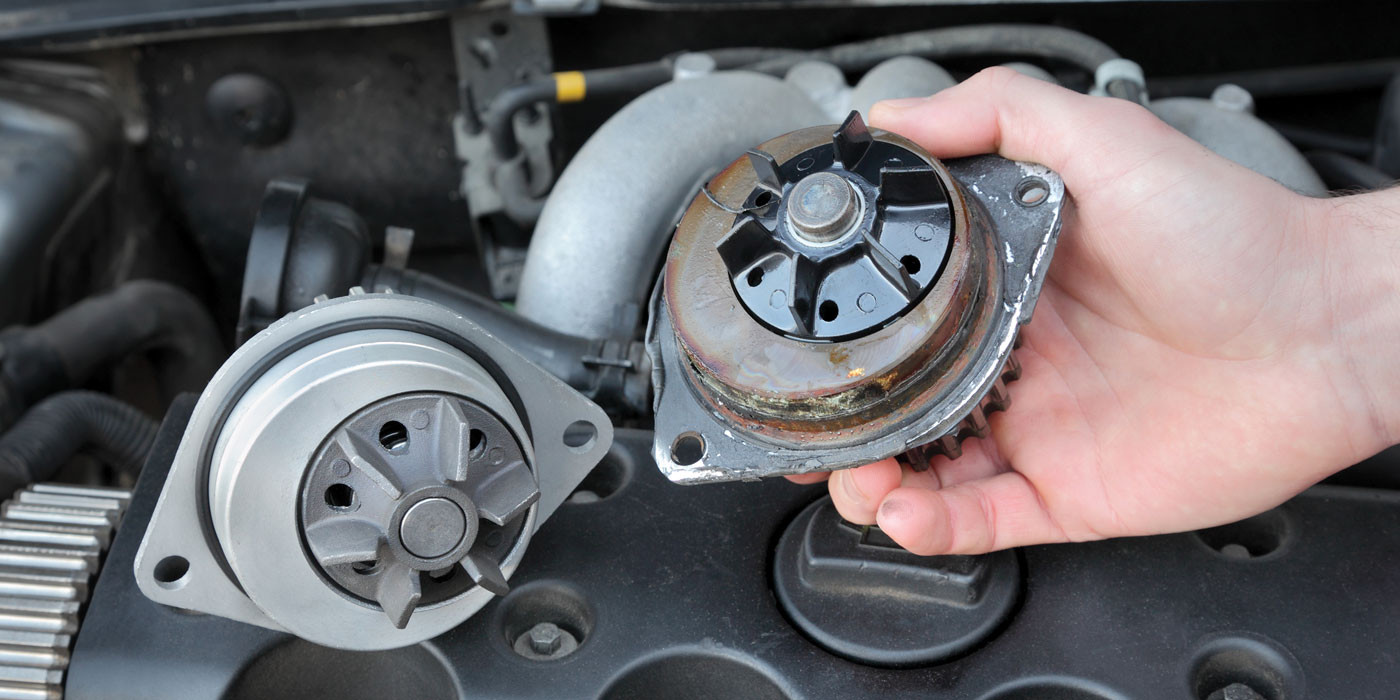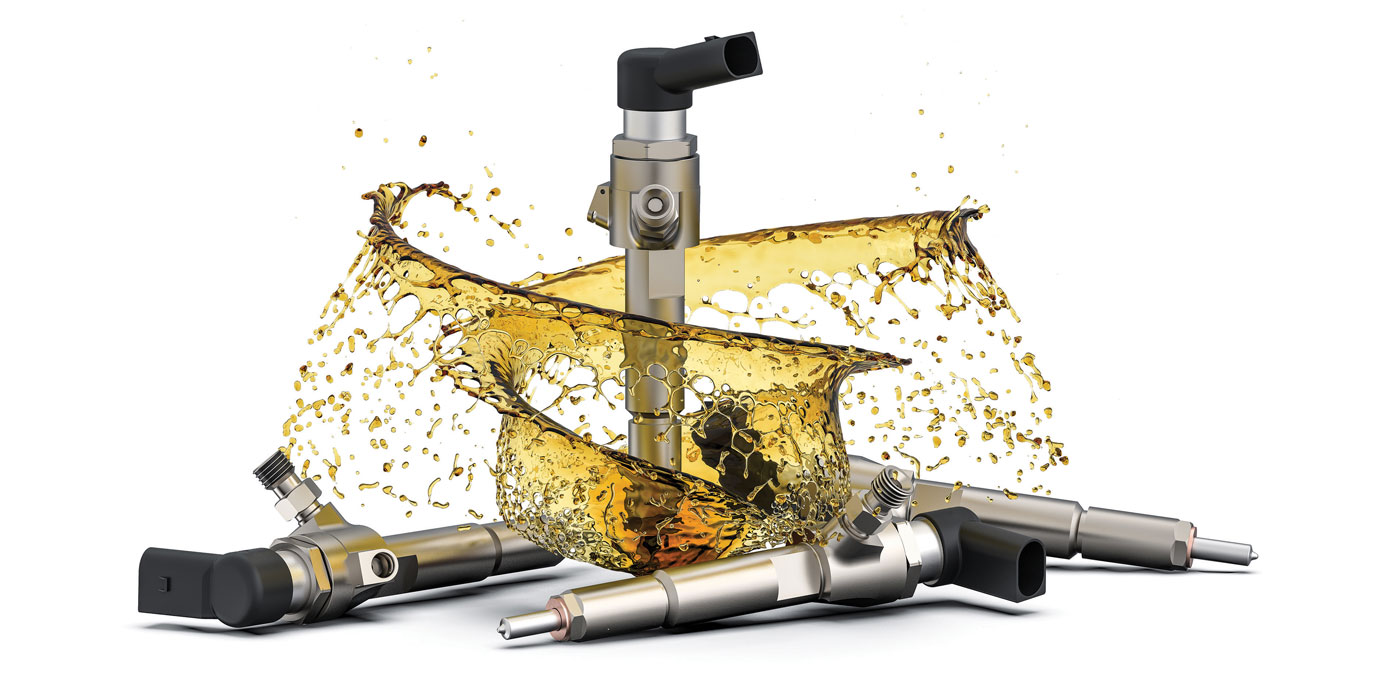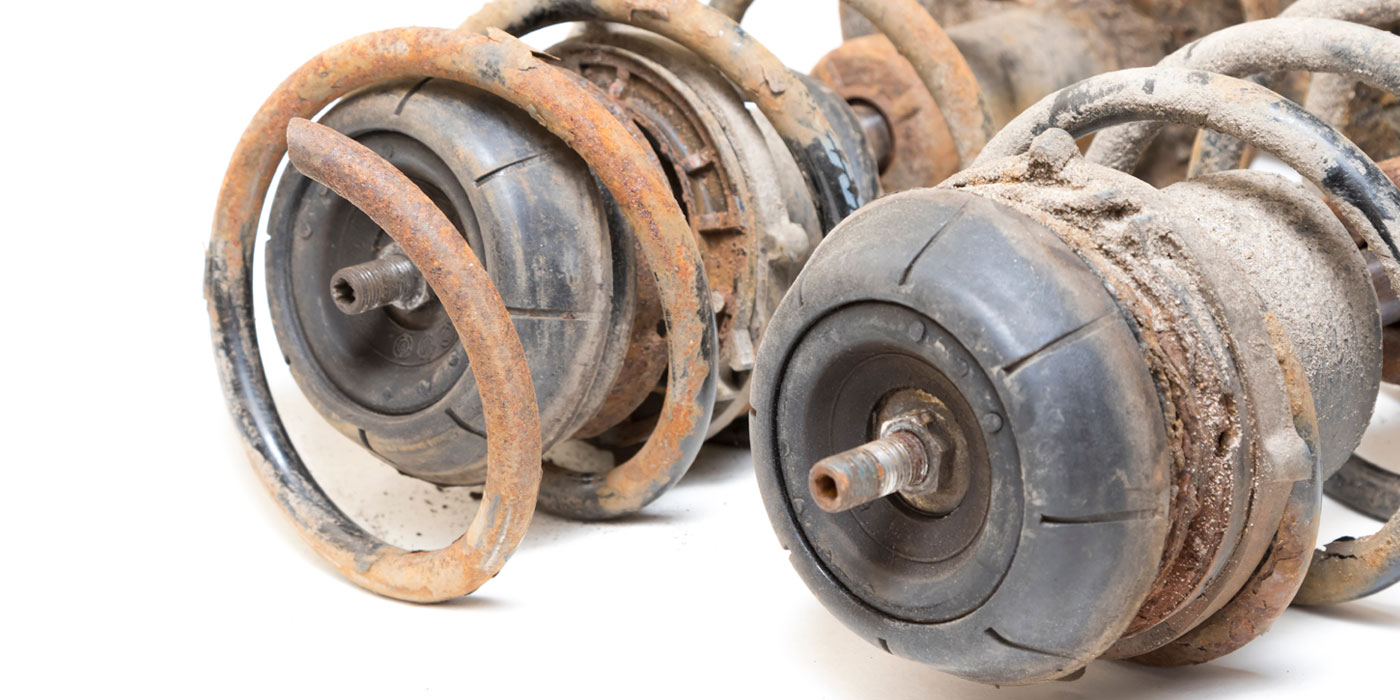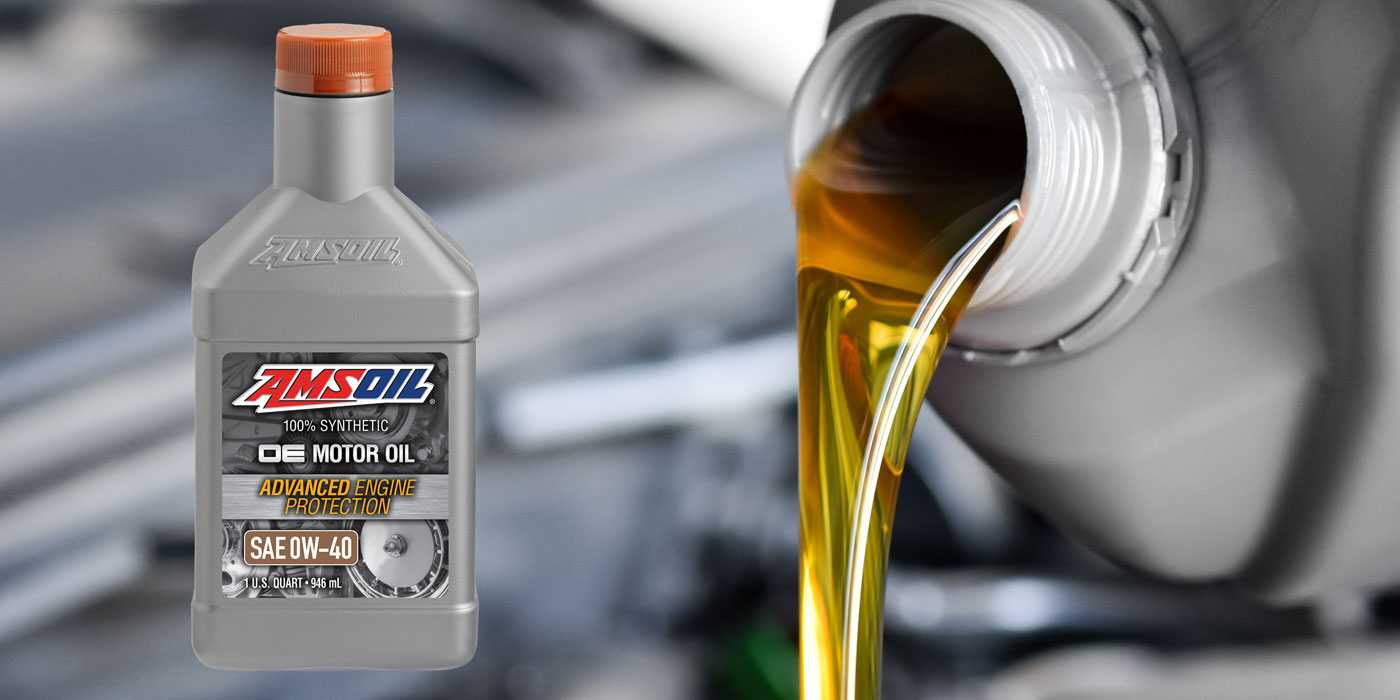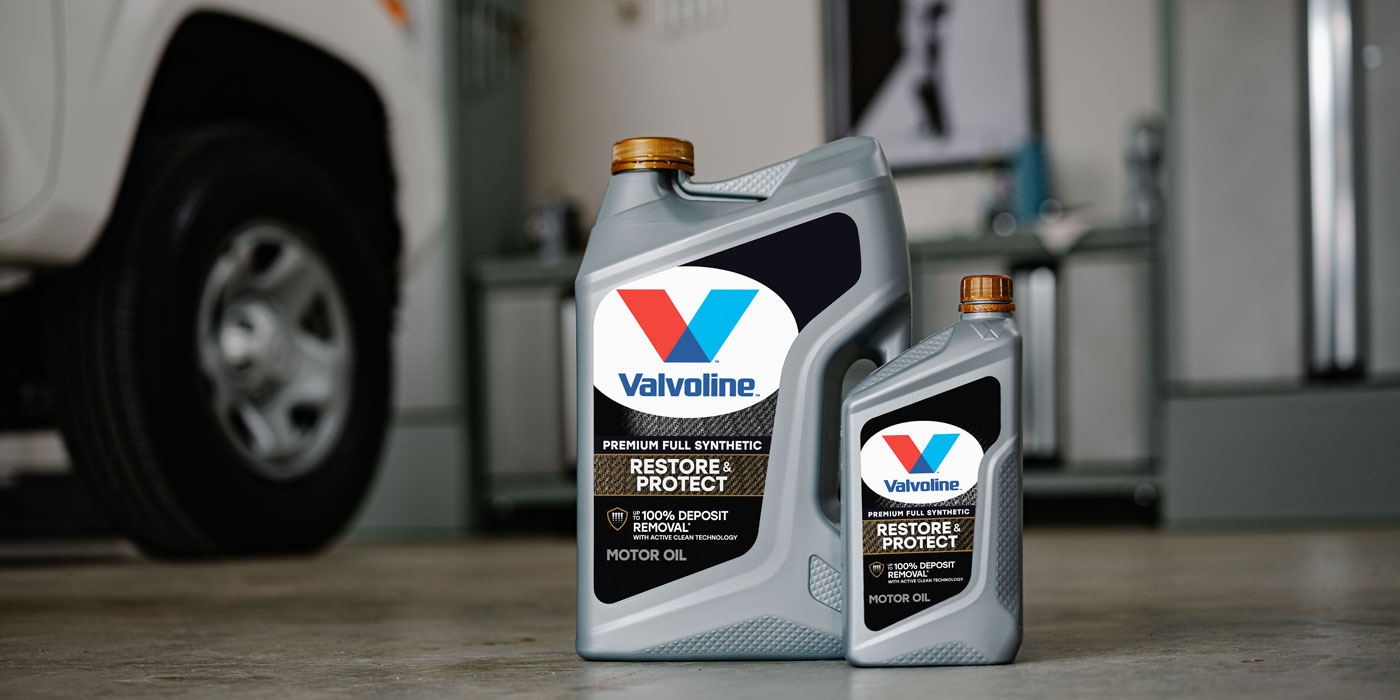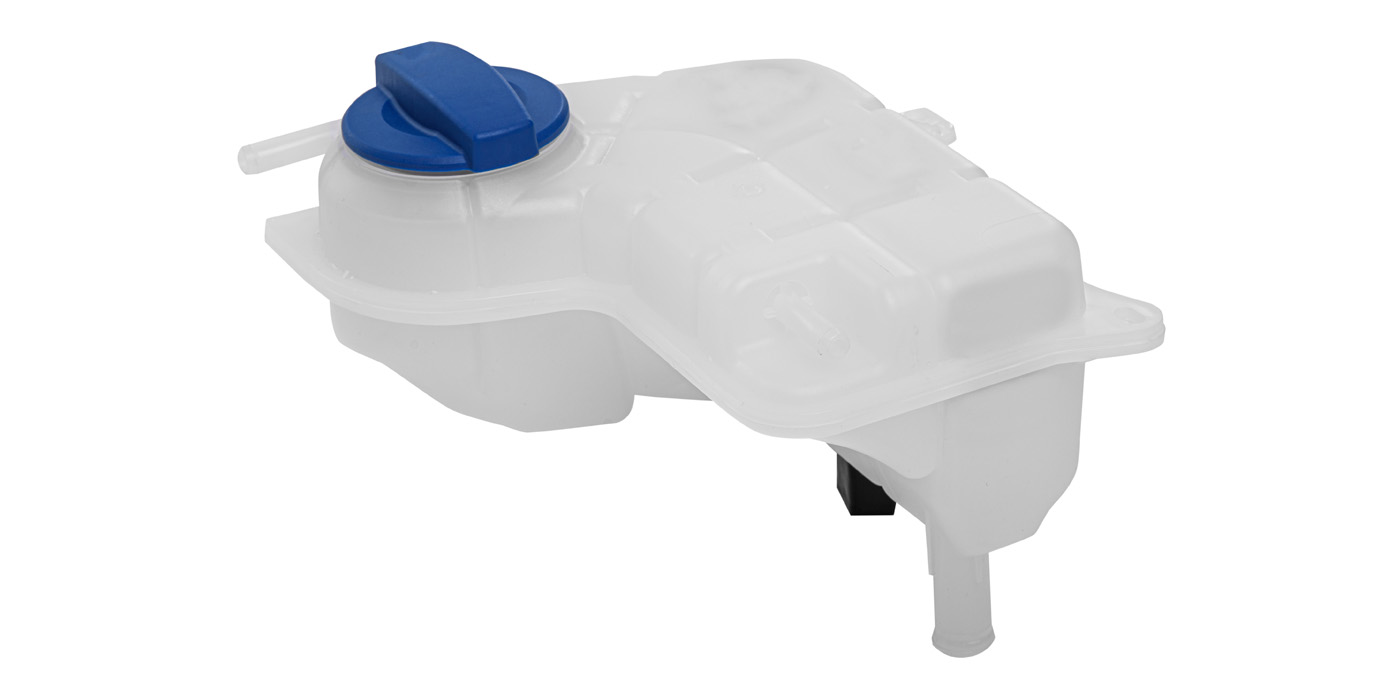
With a dizzying array of brands and viscosities, there are oils for every application.
One of the most diverse categories in any parts store is found in the motor-oil display area. With a dizzying array of brands, base stocks, viscosities and additive packages, there are oils for every application.
Unfortunately, the diversity of today’s motor-oil market can make our jobs more difficult. Not only do we need to understand and explain the differences between the offerings on our shelves, but we also need to overcome objections to our recommendations when faced with the customer who believes that “it’s all the same.”
Most of our customers already are aware of some basics regarding motor oils. They have an understanding of viscosities, and that there’s a difference between conventional and synthetic base stocks. Enthusiasts and those who actually read their owner’s manual probably come into your store with specific requests. This is especially true of customers who own sports cars, European vehicles and diesels.
On the other end of the spectrum are the customers who aren’t as “in tune” with their vehicles, and have a more casual attitude to vehicle maintenance. These are the customers who are more likely to grab a quart – or five – of whatever is on sale or has a rebate attached to it – whether it is appropriate for their application or not. They may simply glance at the bottle, note the brand and viscosity, and head for the checkout. These are the customers who are most in need of our expert knowledge and advice.
One still-common misconception is that switching to a “heavier” oil will restore lost oil pressure and compensate for leaks. Back in the days of V-8 land yachts thrown together with loose tolerances, 10W40 or even 20W50 was a regular sale for a smoky, leaky, high-mileage vehicle. Today’s engines are built with tighter tolerances, and many also rely on specific oil pressures for variable valve timing. The use of a non-recommended viscosity can affect fuel economy as well as emissions, and heavy oils also can contribute to increased engine wear during cold start-ups.
Today’s oil market offers alternatives to this quick “fix,” in the form of high-mileage oils. Designed for “broken-in” engines, these specialty oils contain stabilizers, anti-wear additives and seal conditioners, all blended into oils that are of appropriate viscosities for today’s engines.
Lower-viscosity oils are everywhere. 15W40 has been synonymous with diesel engines for as long as I care to remember, but manufacturers have been specifying alternate viscosities for their automotive and light-truck diesels in recent years. 0W40, 5W40 and 10W30 are now common viscosities for diesel applications. This can cause confusion when your “it’s all the same” customer with a diesel sees 10W30 or 5W40 on your shelf, but doesn’t realize there are different formulations for gasoline and diesel applications.
Fortunately, most DIY motor oil is sold as part of an oil-change “package,” so we often have the opportunity to compare the oil presented to us with the oil-filter application. When we know what the oil is going into, we can start the conversation about OEM oil recommendations and requirements.
When we’re asked for an oil filter to fit a late-model GM, we should already know that an appropriate oil will have Dexos approval, and make a recommendation if the customer has selected an incompatible oil. The same goes for VW/Audi, with their various “VW 50X.XX” approvals, BMW’s long-life “LL” specifications and Mercedes “MB226” and “MB229” requirements.
These questions, when asked politely, can ease customer frustration, reduce comebacks and complaints, and help to ensure that our customers are taking the best possible care of their investment.



